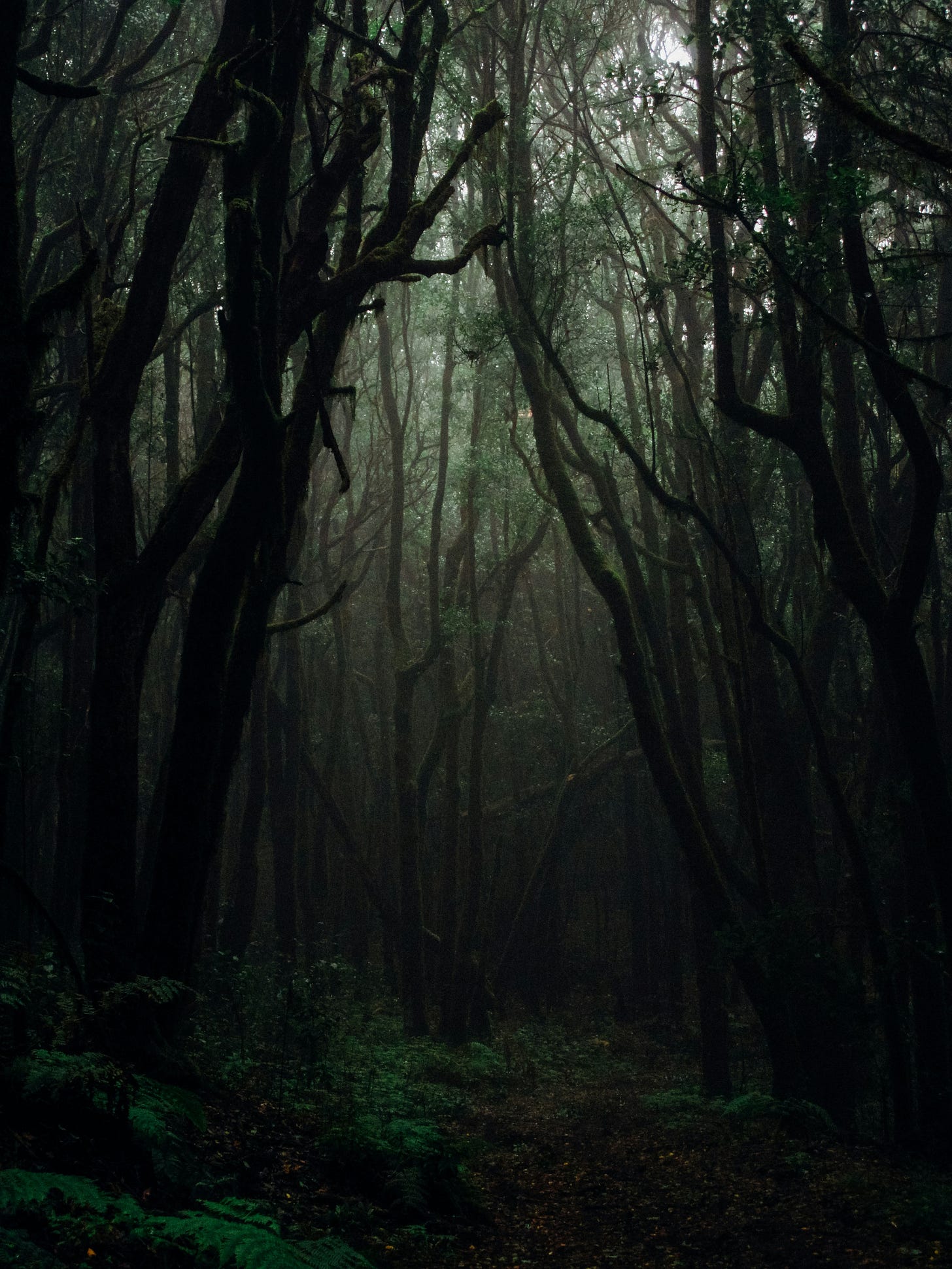In this episode, we consider Lois the Witch, a haunting novella by Elizabeth Gaskell set against the backdrop of the 1692 Salem Witch Trials. With her characteristic emotional depth and historical sensitivity, Gaskell explores themes of fear, isolation, and the dangers of moral panic and in doing so offers a powerful critique of society’s treatment of women, both in 17th-century Massachusetts and Victorian England.
Like many women writers of her time, Gaskell’s work has often been overlooked or dismissed, side-lined as too ‘domestic’ or ‘feminine’ to warrant serious study. A mother of four and a minister’s wife, Gaskell was long boxed into the role of a sentimental storyteller, despite her sharp engagement with social justice, gender inequality, and mental illness in both fiction and biography.
This podcast examines why Lois the Witch as well as considering Gaskell more broadly, who we think deserves closer attention - particularly in light our of earlier episode where we discussed Gaskell with Graham Watson. We wonder: how did gender shape the way her writing was received? What happens when stories about women, written by women, are categorized as ‘lesser’ literature? And what can Gaskell’s nuanced portrayal of historical trauma teach us today?
Aside from Gaskell’s interesting life and treatment, revisiting the time of the Salem witch trials is an interesting topic to consider - the real dangers, the serious threats to the newly established communities leading to the paranoia of the time. Join us as we revisit this quietly radical voice in literary history and consider whether the fear and hostility that communities felt a very long time ago are still of contemporary relevance today. Particularly in light of the idea that sometimes it suits those who are upholding power to encourage paranoia.













Share this post